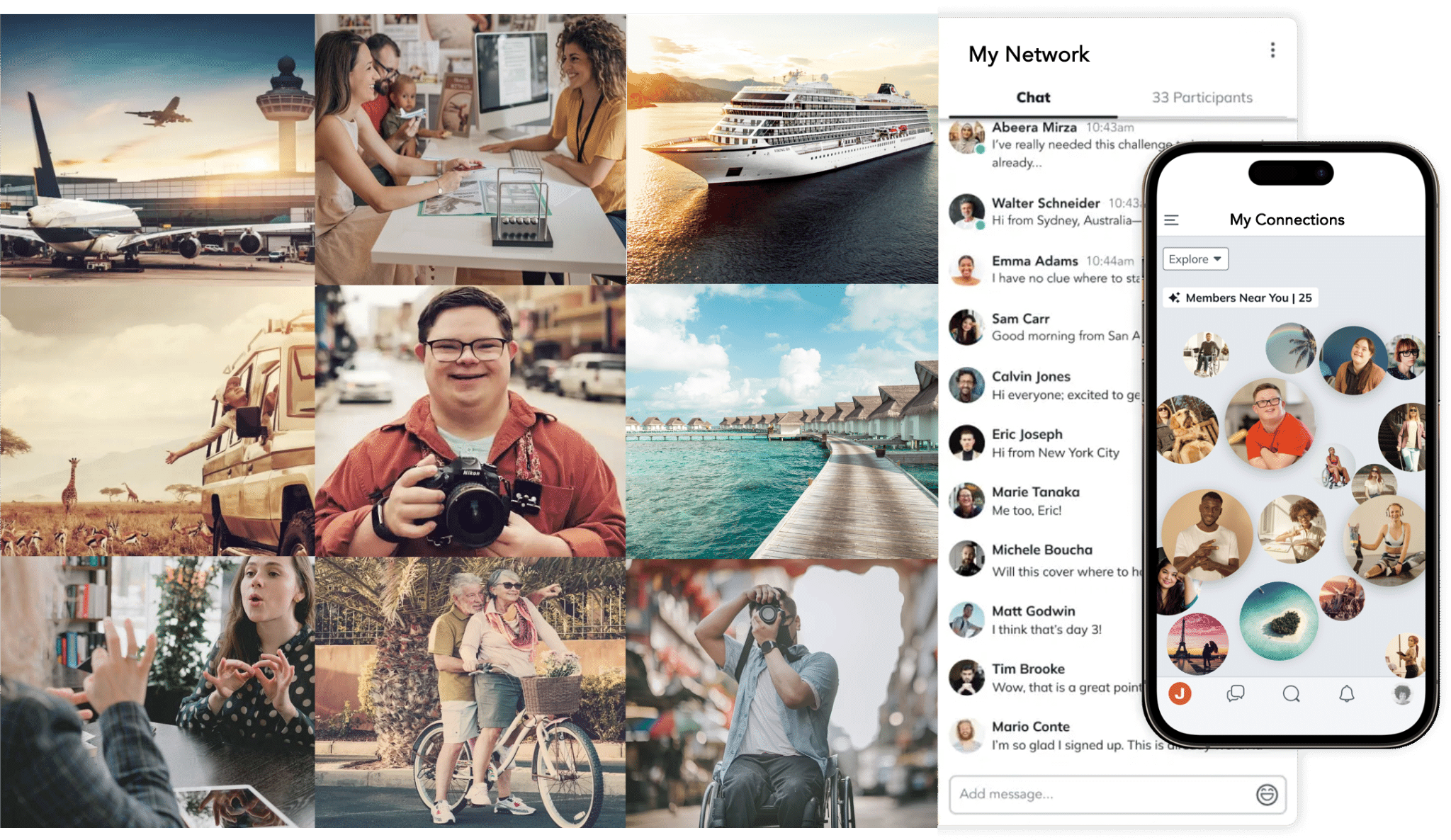An overview of Accessible Travel in Lebanon

Lebanon, a country with a rich tapestry of history, culture, and natural beauty, beckons travelers from all corners of the world. In recent years, Lebanon has made significant strides in improving accessibility for tourists with disabilities. From historic sites to vibrant cities, this guide will walk you through the essential information you need for an accessible and memorable trip to Lebanon.
Preparing for Your Journey
Before embarking on your journey to Lebanon, there are several key aspects to consider to ensure a smooth and enjoyable experience.
Visa Requirements
First and foremost, check the visa requirements for your country of residence. Lebanon offers different types of visas, including tourist visas. Ensure you have the necessary documentation and permits for your trip.
Medical Preparations
Consult your healthcare provider before traveling to Lebanon. Ensure you have an adequate supply of any medications you may need during your stay. Also, consider obtaining travel insurance that covers medical emergencies and repatriation.
Accessibility Research
Research the accessibility of your intended destinations in Lebanon. While progress has been made, not all areas may be fully accessible. Consider reaching out to local tour operators and hotels.
Language
Arabic is the official language in Lebanon, but English and French are widely spoken, especially in tourist areas. Learning a few basic Arabic phrases can be helpful, but you’ll likely find many people who can communicate with you in English.
Arriving in Lebanon
Lebanon has several international airports, with Beirut Rafic Hariri International Airport being the largest and most commonly used by travelers. The airport has made significant efforts to improve accessibility for passengers with disabilities.
Airport Assistance
Upon arrival, you can request airport assistance if needed. This service includes wheelchair assistance, accessible restrooms, and support through customs and immigration. It’s advisable to inform your airline in advance to ensure a seamless arrival experience.
Exploring Lebanon’s Attractions
Lebanon boasts a wealth of attractions, from historical sites to natural wonders. Here are some accessible highlights:
Beirut
The capital city of Beirut offers a blend of modernity and history. Stroll along the Corniche, a wheelchair-accessible promenade overlooking the Mediterranean Sea. Visit the National Museum of Beirut, which has wheelchair ramps and accessible restrooms. Also, explore the vibrant streets of the Gemmayzeh district, known for its accessibility-friendly sidewalks and trendy cafes.
Jeita Grotto
Located just north of Beirut, the Jeita Grotto is a natural wonder accessible to visitors with disabilities. The upper grotto features a wheelchair-accessible pathway that allows you to admire the stunning stalactites and stalagmites.
Byblos
Byblos, one of the world’s oldest continuously inhabited cities, offers a mix of history and charm. The archaeological site is partially accessible, with pathways and ramps. The town itself has accessible restaurants and shops.
Baalbek
While Baalbek’s historical sites, including the Roman temples, may not be fully accessible, some areas have ramps and pathways. It’s advisable to check in advance and consider assistance from local guides.
Sidon and Tyre
Both Sidon and Tyre offer accessible waterfront promenades, making it easy to enjoy the Mediterranean views. Sidon’s Sea Castle has a wheelchair-accessible entrance, while Tyre’s Al-Mina archaeological site has improved accessibility features.
Transportation Within Lebanon
Taxis: Taxis are a common mode of transportation in Lebanon. While not all taxis are wheelchair-accessible, you can inquire at your hotel or use taxi apps that offer accessible options.
Buses: Public buses in Lebanon may not be the most accessible option for travelers with disabilities. However, some newer buses are equipped with ramps and designated seating for passengers with mobility challenges.
Private Tours: Consider booking private tours with reputable companies that cater to travelers with disabilities. These tours often provide accessible transportation and knowledgeable guides.
Enjoying Lebanese Cuisine
Lebanese cuisine is renowned for its delicious flavors and diverse dishes. When dining out, many restaurants in major cities offer accessible entrances and restrooms. Lebanese hospitality ensures that restaurant staff will do their best to accommodate your needs.
Lebanon’s journey towards accessibility invites travelers of all abilities to experience its unique blend of culture, history, and natural beauty. From the ancient streets of Byblos to the awe-inspiring Jeita Grotto, Lebanon opens its arms to provide an inclusive, memorable experience. Whether you’re exploring historic sites or savoring Lebanese cuisine, this guide ensures your trip to Lebanon is both accessible and enriching.







